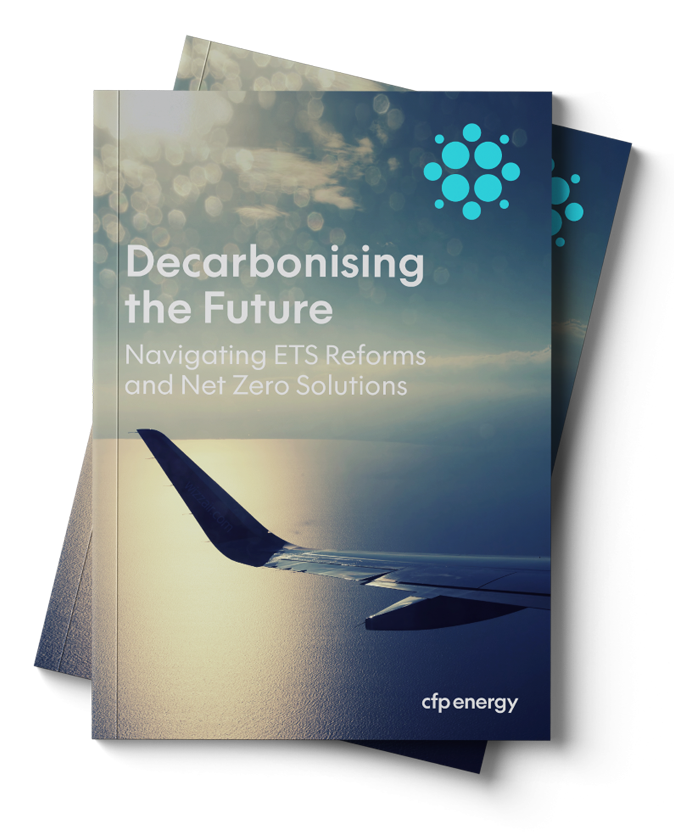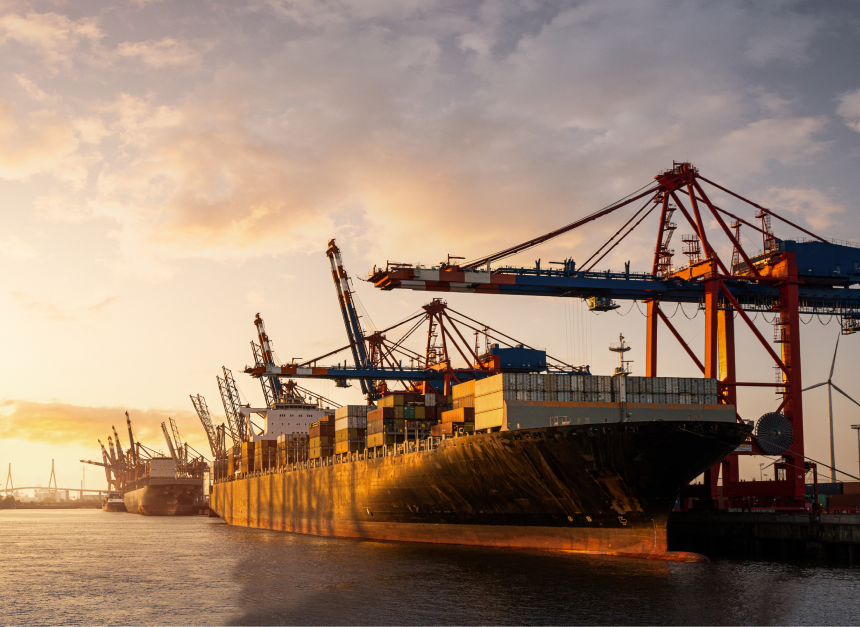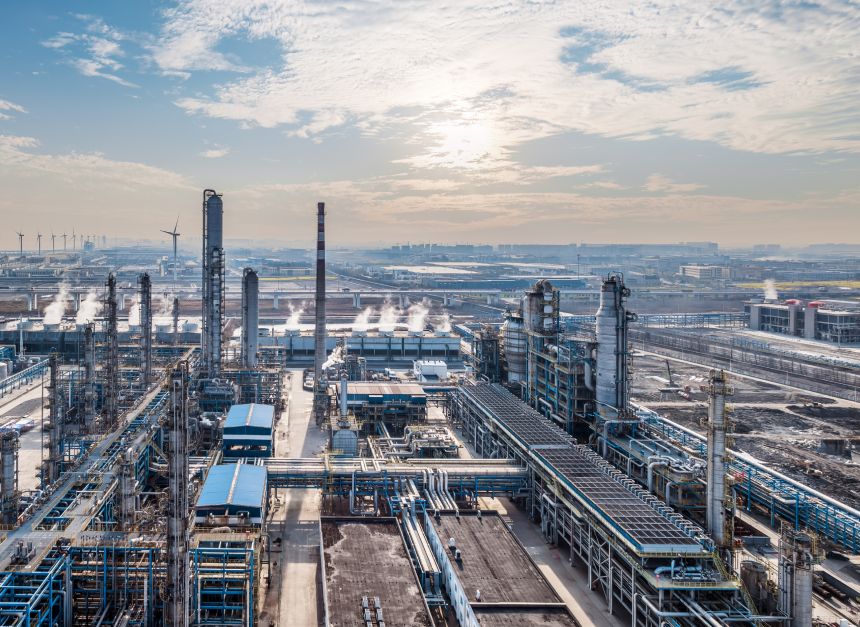We're exhibiting at E-World | Register & Secure your Meeting
Germany, Essen | 11-13 February
Germany, Essen | 11-13 February
.png)

We are on the cusp of a transformative shift in net zero ambition & ETS carbon market dynamics.
This presents challenges and opportunities for organisations across key sectors.
This report draws on data from a comprehensive survey conducted by CFP Energy across large-scale organisations in the UK, Germany, and France.
With insights from industries including aviation, data centres, shipping, construction, and manufacturing, the report highlights emerging strategies, investments, and the regulatory pressures driving the need for carbon reduction.
With impending regulatory changes in EU and UK Emissions Trading Systems (ETS) expected to raise the cost of carbon allowances significantly, companies must be prepared. A failure to strategise could expose businesses to considerable financial risks, while a proactive approach could enable a smoother transition toward net zero targets.
The report’s findings provide a lens into how companies are navigating both the promise and challenge of carbon markets, with regional insights that reveal varying approaches to decarbonisation.

Tim Atkinson
Director of Sales & Structuring , CFP Energy
"Increased government ambition, tighter regulations, greater corporate sustainability commitments, and the outcome of the international COP process will demand serious net zero action from large-scale organisations over the next decade and beyond.
In the years leading up to 2050, when the EU, the UK and many others are looking to achieve net zero, new environmental regulations, growth in renewables and reform of flagship emissions trading schemes will have a greater impact on businesses than ever before.
And this change is significantly closer than many think.
For companies covered by the EU Emissions Trading Scheme (ETS) and UK ETS, a paradigm shift is on the horizon."

Carbon Markets play a key role in the decarbonisation of the aviation industry, but with the scope of CORSIA (Carbon Offsetting and Reduction Scheme for Aviation) set to expand and ETS free allocations set to reduce, airline operators are heavily investing in Sustainable Aviation Fuel (SAF) and a range of other decarbonisation mechanisms to comply with regulations.
But how do operators between the UK, France and Germany compare?
The construction and shipping sectors in the UK, France, and Germany face increasing costs and operational pressures to meet stringent emissions targets.
Despite a high level of engagement with net zero goals, the path to decarbonisation varies significantly across countries, as firms encounter unique barriers related to technology, funding, and regulatory complexity


The findings in this report underscore both the urgency and complexity of decarbonisation, revealing that, while manufacturers are actively planning for net zero through the use of carbon markets, significant technology barriers persist.
And despite most respondents highlighting their commitment to reducing emissions, many are failing to hit their key targets.
Despite being responsible for lower levels of carbon emissions than the other industries featured in this report, the data centre industry is rapidly increasing its carbon footprint amidst massive energy consumption growth.
With the growth of AI, which exponentially increases the volume of energy a data centre requires to operate, will the industry make the correct investments in sustainable technology now? Or place its decarbonisation hopes on technological advancements in the future?
